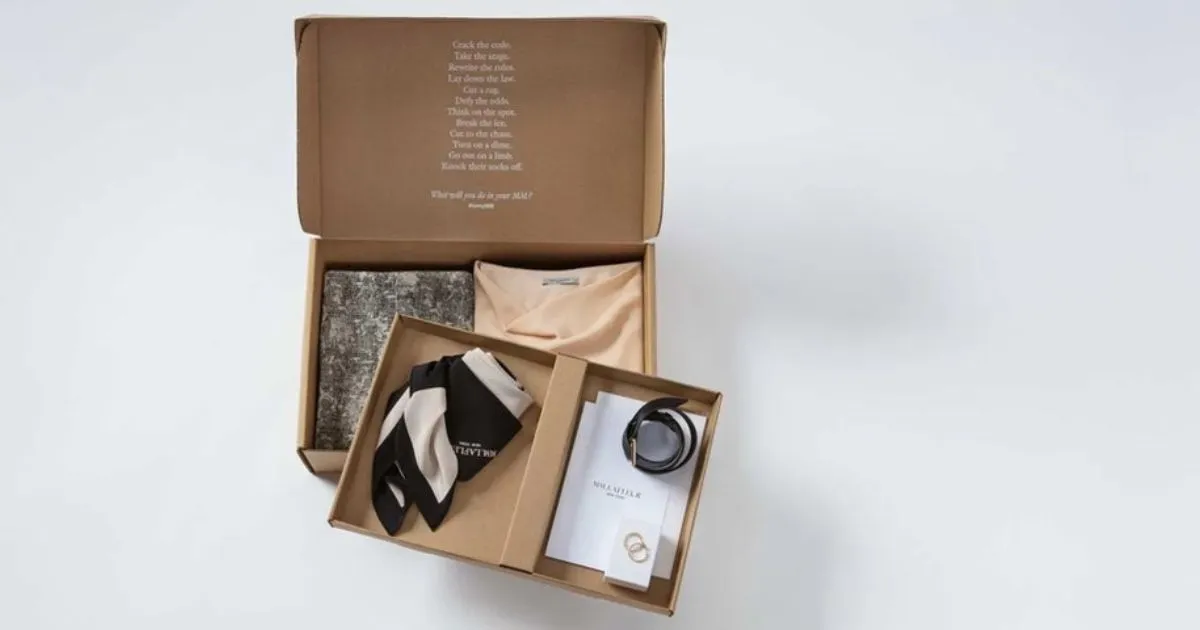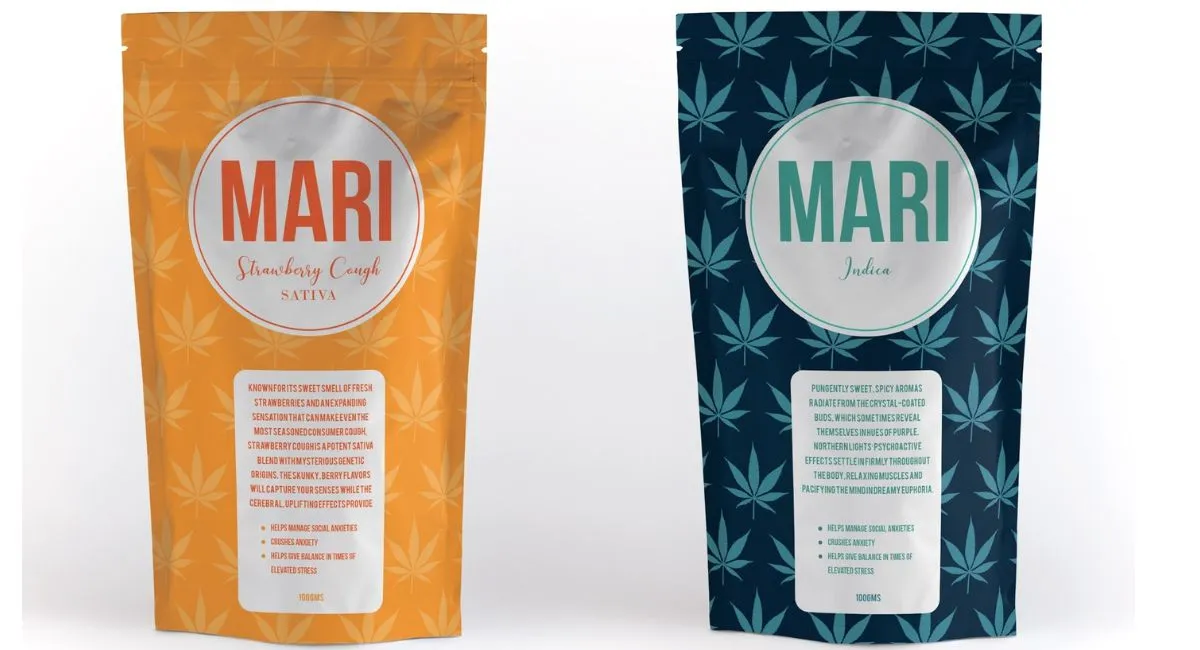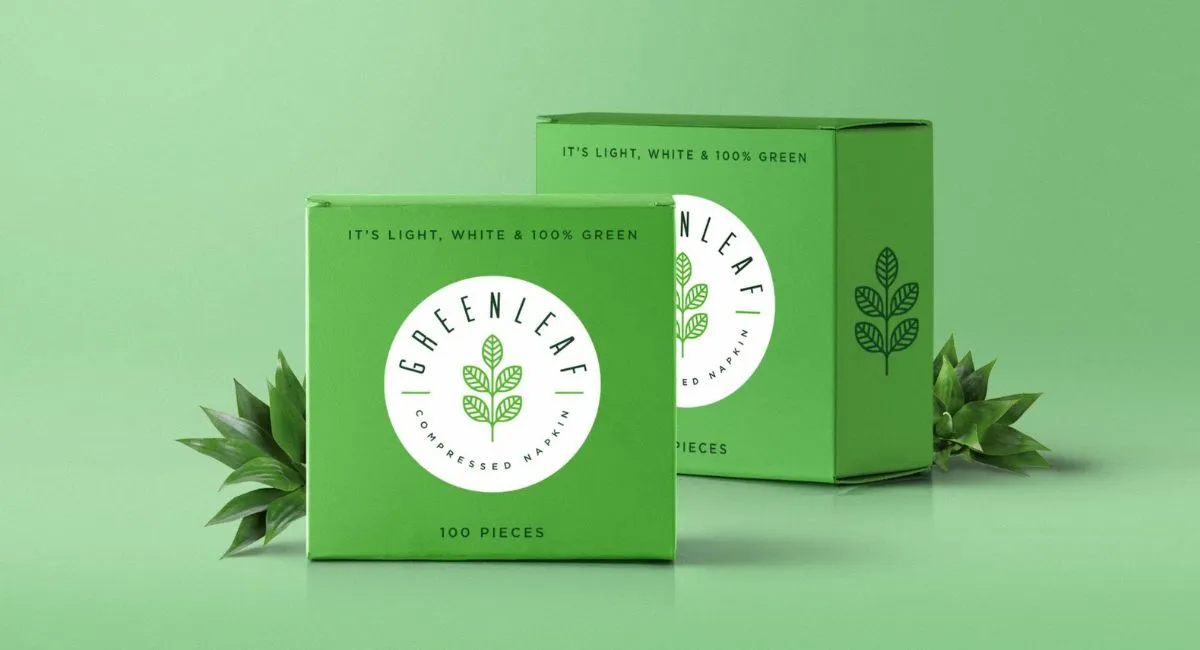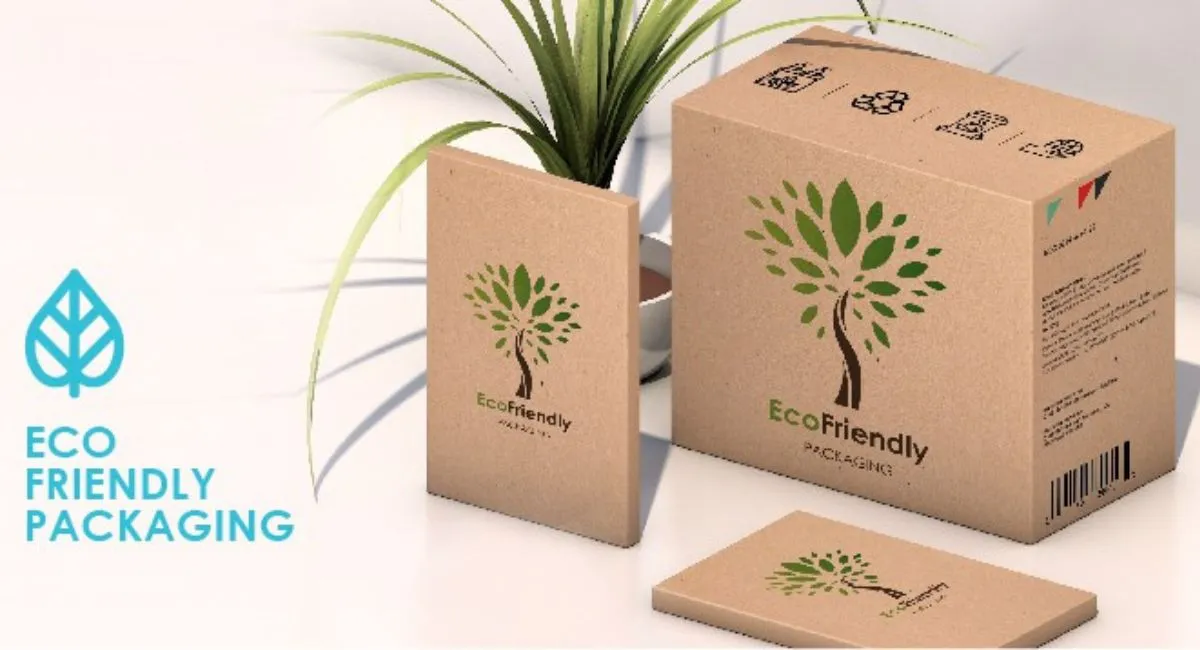Tissue Paper To Recycle or Compost?
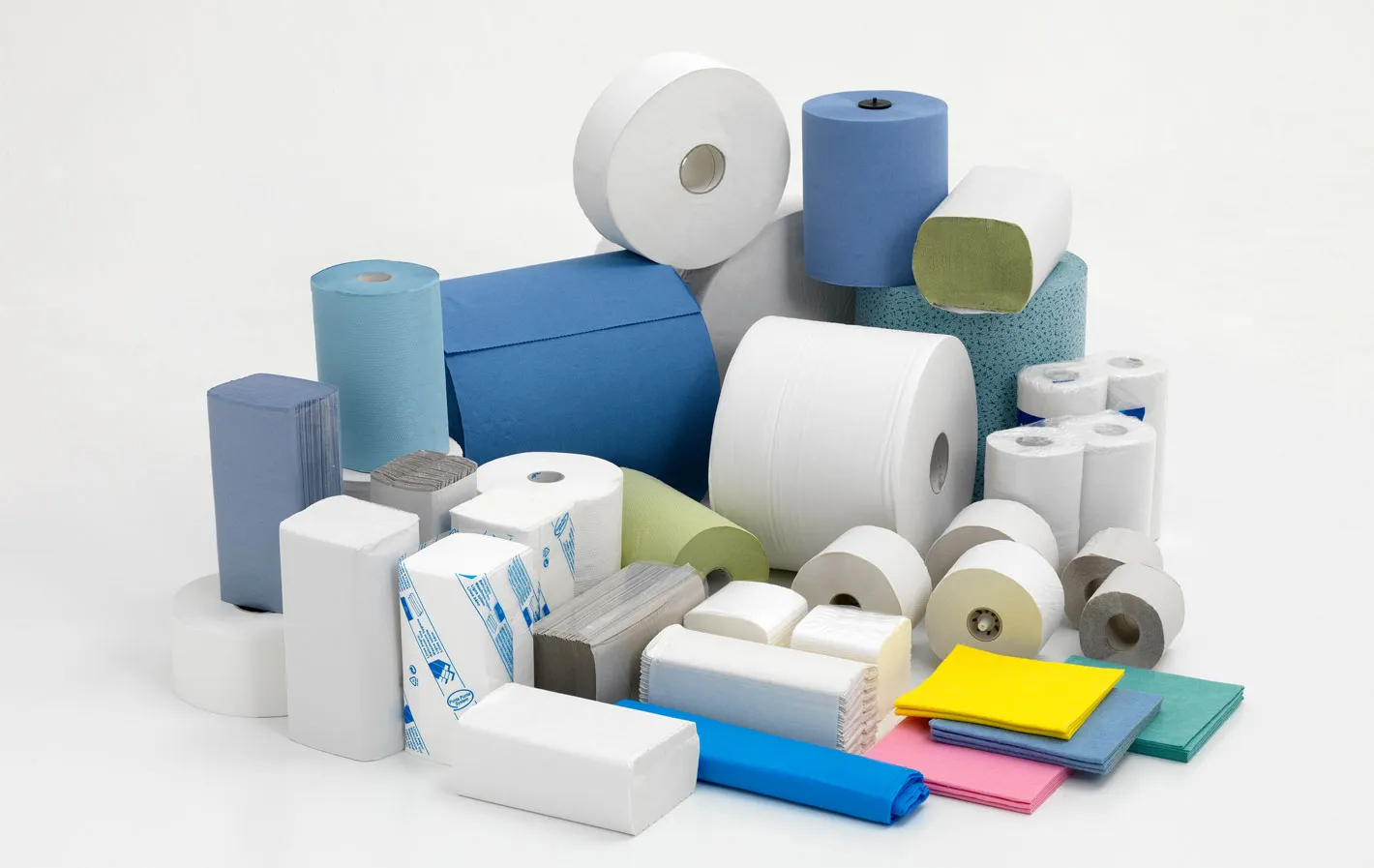
In our ongoing journey towards more sustainable living, the disposal of everyday items has garnered significant attention. Tissue paper, omnipresent in our daily lives from the dining table to the bathroom, poses a unique problem. Should we recycle it or compost it? Understanding the most environmentally friendly way to dispose of tissue paper requires a deep dive into the composition, usage, and disposal methods available.
Understanding Tissue Paper
Tissue paper is made from paper pulp, which may come from recycled paper or virgin wood fibers. Its soft, absorbent nature makes it ideal for various personal and household uses. However, this same characteristic complicates its recycling or composting prospects. Tissue paper is designed to break down in water to prevent clogging systems, affecting its recycling integrity.
The Case for Recycling
Recycling involves:
- Converting waste into new materials.
- Reducing the need for virgin resources.
- Saving energy.
- Mitigating pollution.
However, not all tissue paper is suitable for recycling. High-quality, pristine tissue paper, such as that used for gift wrapping, can often be recycled. The critical factor is contamination; once tissue paper is used, especially for personal care or cleaning, it becomes contaminated with organic waste, oils, or potentially even pathogens, making it unsuitable for the recycling stream.
Local recycling guidelines vary, but most communities do not accept used tissue paper for recycling due to contamination risks and the already degraded quality of the fibers. If you are recycling, it’s paramount to check with local waste management authorities to understand what is acceptable in your area.
The Benefits of Composting
Composting presents a compelling alternative for disposing of used tissue paper. Composting is the process of breaking down organic waste into nutrient-rich soil. It mimics nature’s recycling mechanism, turning waste back into a resource. Tissue paper, mainly used for wiping hands or faces, is an excellent candidate for composting. It breaks down quickly due to its thinness and the fact that it’s already partially broken down to make it soft.
Adding tissue paper to a compost pile contributes carbon, an essential element that balances the nitrogen-rich food scraps and green waste typically in compost. However, it’s important to ensure that the tissue paper is not colored, perfumed, or containing any inks or dyes that might introduce harmful chemicals into the compost.
Making the Right Choice
When deciding whether to recycle or compost tissue paper, consider the following factors:
- Contamination Level: If the tissue paper is clean and free from oils, food residue, or bodily fluids, recycling might be an option, provided local guidelines allow. The tissue paper used is best suited for composting.
- Local Recycling Policies: Always adhere to local recycling guidelines, as these are formulated based on the capabilities and capacities of local recycling facilities.
- Environmental Impact: Composting is often the more environmentally friendly option, returning nutrients to the soil and reducing methane emissions from landfills.
Practical Steps for Households
Households looking to make environmentally responsible decisions regarding tissue paper disposal can follow these steps:
- Reduce Use: Reduce reliance on single-use tissue paper using reusable alternatives like cloth napkins or handkerchiefs.
- Check Local Guidelines: Always be aware of and follow your community’s waste disposal regulations.
- Start Composting: If you don’t already, consider starting a compost bin for organic waste. Tissue paper can add valuable carbon to your compost mix.
Conclusion
The choice between recycling and composting tissue paper can be complicated. While recycling can be a viable option for uncontaminated, high-quality tissue paper, composting is often the more environmentally friendly choice for used tissues. By considering the level of contamination, adhering to local guidelines, and opting for composting when possible, individuals can contribute to a more sustainable and environmentally conscious waste management system.
Read More: How Thick is the Material of My Boxes and How Much Will They Weigh?
